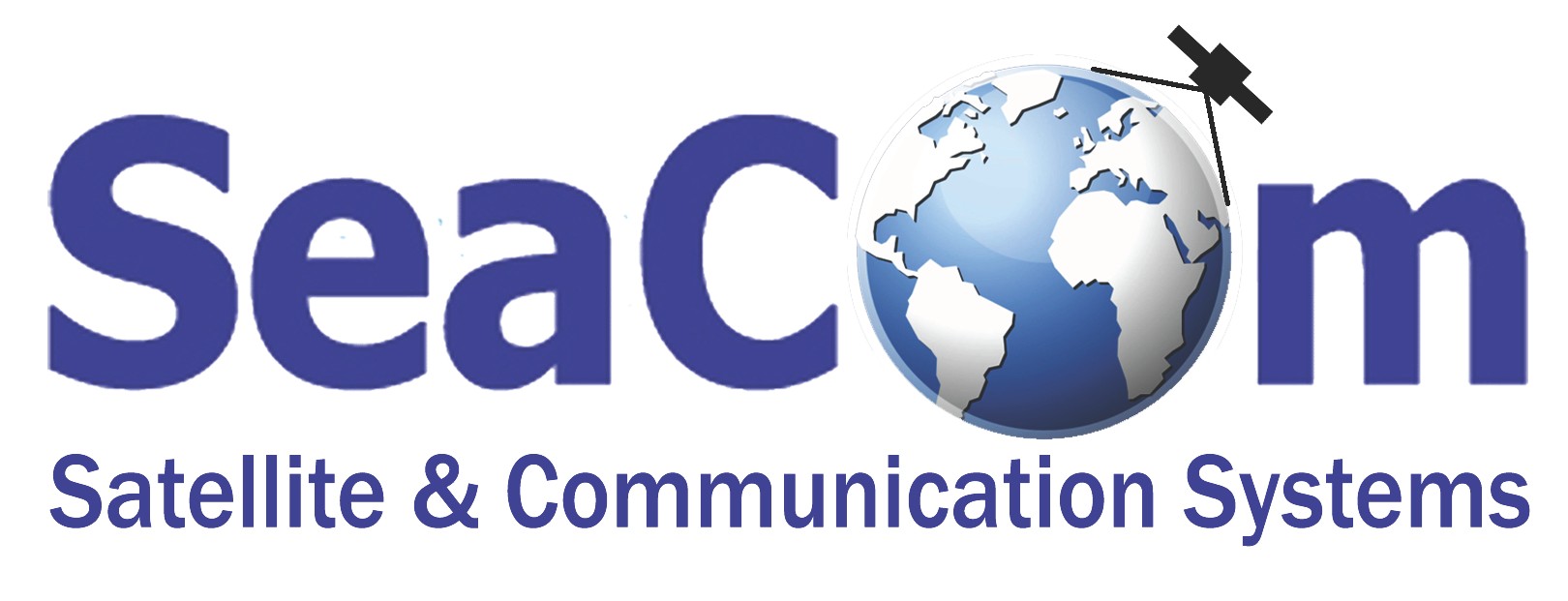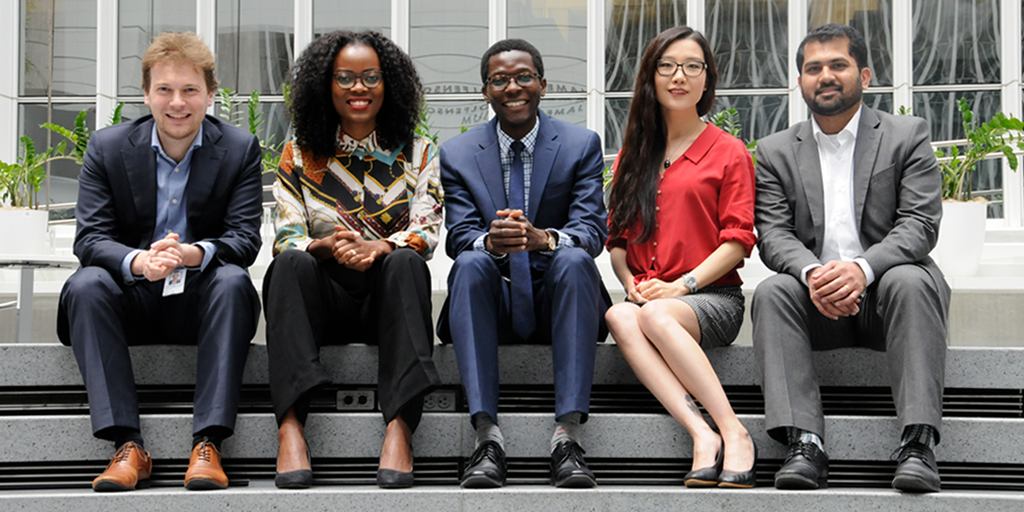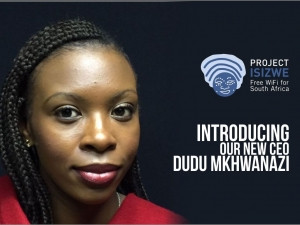
With the digital realm and technology presenting endless opportunities for business development and creation, Steve Briggs, Chief Commercial Officer at SEACOM, provides insight into his current projections for SA’s digital economy.
“Uber, the world’s largest taxi company, owns no vehicles. Facebook, the world’s most popular media owner, creates no content. Alibaba, the most valuable retailer, has no inventory. And Airbnb, the world’s largest accommodation provider, owns no real estate. Something interesting is happening.” – Tom Goodwin, author, speaker, and consultant.
This statement epitomises the digital economy and the endless opportunities it presents modern companies.
Read also: FFI Set To Close $42bn Financial Gap Among African Women
Across industries, we have seen that organisations that are innovative, proactive, and adaptive in their response to the changing world of business, thriving.
Making the digital era accessible

Digital technologies allow for the development of new, innovative business models that weren’t possible before. So while you have the likes of Uber and Airbnb that don’t own any cars or hotels, the average business owner looks at these examples and wonders, “How on earth do I get there?”.
How does a bakery or flower shop owner even start to consider a business model such as Uber’s? Analysing the Uber model and what it entails can be overwhelming for businesses, both big and small.
We need to be thinking practically about what digital looks like in the real world for most businesses that aren’t necessarily disruptors or ‘unicorns’. Firstly, going digital inevitably raises the expectations of your customers and their ability to interact with your business in a way that suits them. It’s no longer a situation of working nine to five and responding in your own time during those hours. A large part of business is carried out online, after hours – and consumers are going to want to buy products and interact in a way that’s completely different from how they might have done so five years ago, a year ago, or dare I say, even six months ago.
Digital means you need to be ready for a heightened sense of customer expectation, and to deliver on that expectation, you need to embrace certain technologies.
Whether it’s a chatbot that can answer their questions 24/7 or the ability to order online and get that order fulfilled – even outside of office hours – you need to adapt to changing consumer behaviour. That’s what going digital means and if you don’t do that and instead make it difficult for your customer to interact with you outside of traditional channels, you are simply going to find yourself losing relevance very quickly.
Businesses leading the way for South Africa’s digital economy

In South Africa, the digital economy seems to dominate the financial services industries because in many cases they have the businesses which have made the largest digital investment. FNB stands head and shoulders above the rest as an example of a company that has digitised so much of what would be labelled drudgework.
Another entrant to the digital economy is Clevva, a home-grown company that creates chatbots and virtual advisors for customers on a global scale. This innovative business has received global recognition, and it also helps other organisations join the digital economy.
Of course, there’s no forgetting Takealot. During the lockdown, they were one of the few businesses able to manage e-commerce effectively. Many grocers tried to make the move to an online platform and meet increased demand, but they lacked the time and tools to do so effectively. Because Takealot has had a few years to refine their offering, they were more prepared to serve customers digitally.

Business reimagined as digital
As these success stories show, going digital requires investment and it cannot be an afterthought. To be truly digital, everything needs to be digital at heart – from how you build your business to how you process and design your customer experience.
You can’t take an existing brick-and-mortar business and try to give it a quick digital update, it simply will not suffice. Instead, you need to re-engineer your business processes from start to finish based on a new digital business model. For big businesses where this is impossible, they can, of course, slowly implement changes that will eventually bring companies into a digital space.
Making a difference with Project Isizwe

Before companies and consumers can join the digital economy, they require connectivity. Connectivity is being recognised as a basic human right, and while this has been embraced in other parts of the world, there’s a massive digital divide in South Africa – in part caused by unequal access to the Internet.
Project Isizwe has tried to address this issue by creating a broadband model that’s accessible to low-income communities. Based on the model, there’s a guaranteed minimum amount of data that you can access for free, and if you need more than that, you can buy more at an affordable rate.
SEACOM has collaborated with other industry leaders to offer really good Internet access at extremely low prices. In some cases, we’ve implemented this as a CSI investment to cover the bulk of the costs involved. If more businesses did the same, it would go a long way to growing our digital economy and enabling more innovative startups.
South Africa’s digital economy

Until we can implement affordable Internet access across the country, we won’t have a national digital economy. Instead, we will have a segmented one. An important part of solving this is good government regulation. This is not uncommon in telco industries in other countries, where regulators require companies to serve all areas using an appropriate business model, which is usually affordable.
Another consideration is that for most people in South Africa, their Internet experience is not from a state-of-the-art device, but rather on a small screen on a low-cost smartphone.
For the digital economy to flourish, we need to build business models, processes, screens, and content that acknowledge that not everyone is going to experience the Internet through a powerful laptop and that not everyone has high-speed fibre to the home.
If we can work around that, then we can start to include large chunks of the country that are currently excluded from the digital economy. This should be our first step on the important journey of growing our digital economy.
Read full article here
GetFundedAfrica’s mission is to uplift people and economies in Africa through entrepreneurship; helping companies find funding, grow, create jobs and solve society’s greatest challenges
GFA Attract, GFA Weekly Recap & Application Portal For Funding
GFA Weekly Round- up Podcast
In this week’s weekly round up podcast, Nichole discussed about the funding activity between September 28- October 2
Listen Here
GFA Attract Interview
Victor Boyle-Komolafe, the co-founder of Garbage In, Value Out (GIVO), a system that automates and digitises the collection, processing, and sale of recyclable materials. Watch Here
Apply For Funding
GetFundedAfrica provides equity capital from $1,000 to $50,000.
For larger amounts (Above $50,000)
we organize syndicated funding rounds of up to $500,000.
Apply Here
Follow Us
“Entrepreneurs have to learn the power of networking and the value of mentorship, as these are the things that most entrepreneurs take for granted. And also they must know that opportunities will not come to them; they have to go out there and create them by knocking on corporate doors with proposals. Personally, I am where I am because of a business mentor who changed the way I see things.”
– Anda Maqanda, founder of AM Group in South Africa











